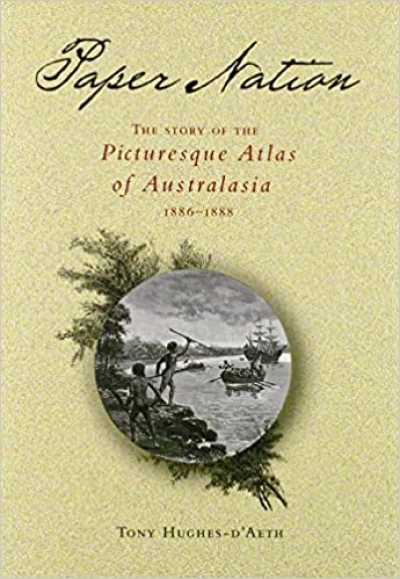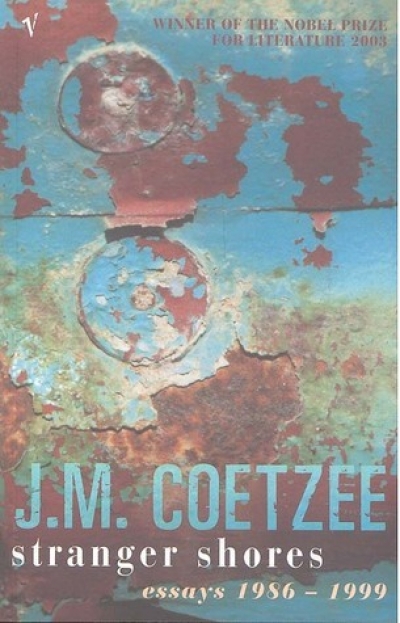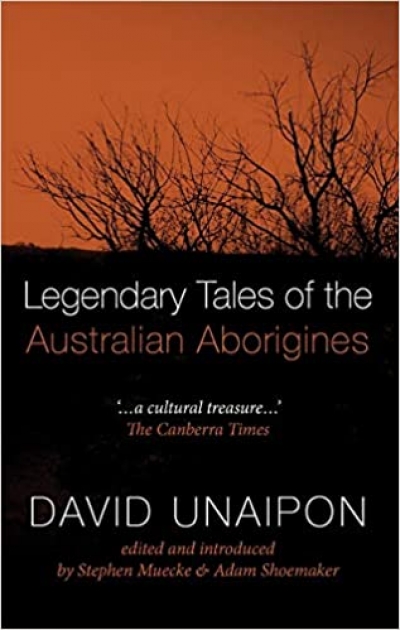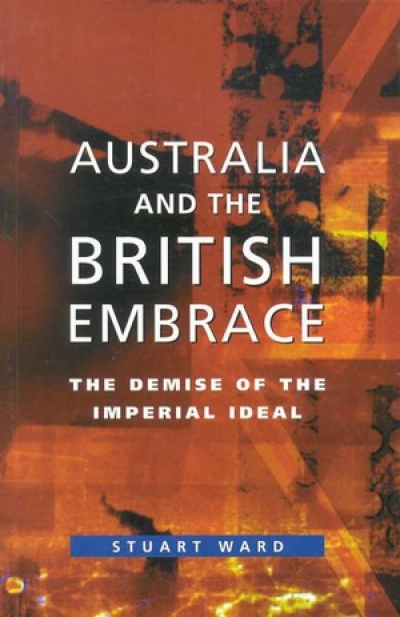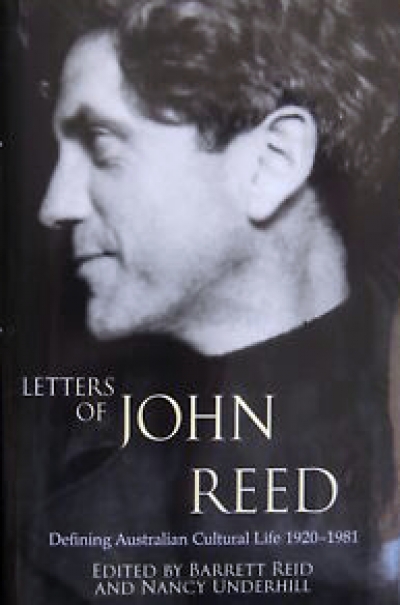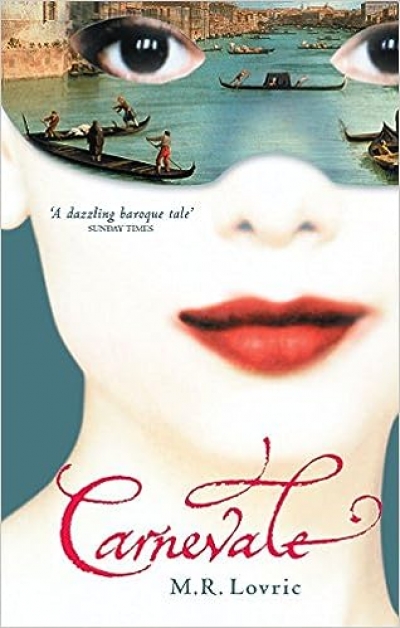Archive
Sneer tactics
Dear Editor,
Perhaps you will allow me to reveal that this is the second letter I have written to ABR in response to Richard King’s review in the November 2001 issue under the heading ‘One Long Giving Away’. The first letter was rejected because it was too long, because it quoted two short poems from the poets under attack, because of references to an earlier article I had written, and because of a comment about the review’s tone.
... (read more)Paper Nation: The story of the Picturesque Atlas of Australasia 1886–1888 by Tony Hughes-d’Aeth
by Ian Morrison •
Stranger Shores: Essays 1986–1999 by J.M. Coetzee
by Evelyn Juers •
Legendary Tales of the Australian Aborigines by David Unaipon, edited and introduced by Stephen Muecke and Adam Shoemaker
by Susan Hosking •
Aboriginal Australia & the Torres Strait Islands: Guide to Indigenous Australia by Sarina Singh
by Bruce Sims •
Australia and the British Embrace: The demise of the imperial ideal by Stuart Ward
by John Hirst •
Letters of John Reed: Defining Australian cultural life 1920–1981 edited by Barrett Reid and Nancy Underhill
by John Thompson •
The Presence of Angels by Margaret Barbalet & Coldwater by Mardi McConnochie
by Thuy On •

